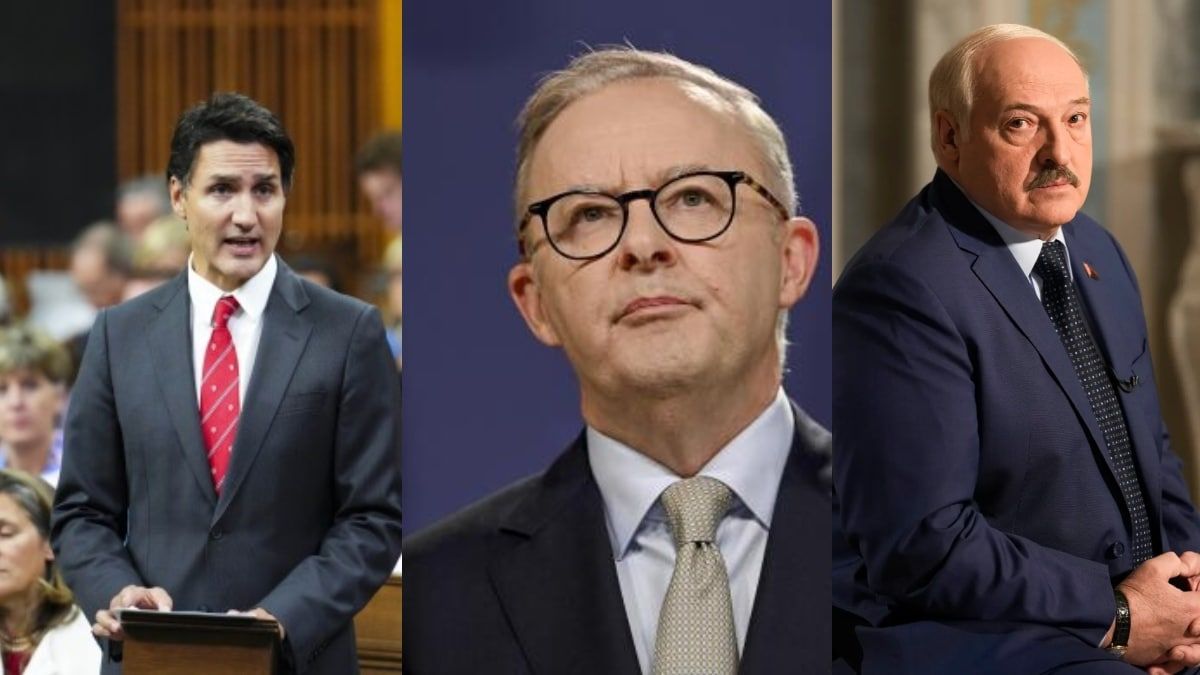Fewer Elections in 2025 Than Expected as World Watchs Key Races

Despite being touted as a crucial year for elections globally, 2025 holds fewer races than expected. Although the political landscape remains dynamic and unpredictable, few major polls have been announced thus far, setting the stage for an interesting and unpredictable new year.
While the previous year witnessed monumental elections worldwide, including Prime Minister Narendra Modi securing his third term in India and Donald Trump's significant comeback in the United States, the year 2025 is expected to have fewer high-profile elections. However, many pivotal polls are planned and some surprise elections may still occur in turbulent countries such as Israel, France, South Korea, among others.
Several key battles will be closely watched by geopolitics enthusiasts next year:
In Belarus, President Alexander Lukashenko is set to run for his seventh term on January 26th with no perceived challengers. This marks a continued consolidation of power under the leadership of the authoritarian leader. Lukashenko has won every election since Belarus became independent in 1994 but has often been accused of rigging polls and suppressing dissent.
Meanwhile, Kosovo will go to polls on February 9th after two weeks of preparations amidst tense relations with Serbia. The European union supported Kosovo's claim for independence last year following decades of conflict. Kosovo's prime minister Albin Kurti and the LVV party aims to complete a full four-year term but their chances may be complicated by Russia's continued backing for Serbia.
In Germany, scheduled elections on February 23rd have raised concerns across Europe amidst conflicts with far-right parties, including the Alternative for Germany (AfD). Incumbent Prime Minister Olaf Scholz is under threat from rising centre-right party Christian Democrat's supporters, and whether their coalition survives remains a major question.
Several other influential polls mark significant dates:
The Australian Senate will be decided on May 17th while the country decides upon the House seats leading to Prime Minister in September. Polls point towards the declining popularity of incumbent leader, Anthony Albanese. Centre-right party politician Peter Dutton poses an increasing threat to Albanese's hold.
In Bolivia, which is scheduled for August 2025 elections, a new election will determine whether former President Evo Morales wins his bid or faces trial due to unresolved legal challenges.
Lastly, in Canada, set for October 20th 2025, Justin Trudeau's Liberal Party will face significant opposition and calls for departure from prominent internal members. Traders face stiff competition with another emerging contender Pierre Poilievre within the Conservative party.
While several influential polls are scheduled for release over the coming months, uncertainty remains, so stay tuned to catch all updates
